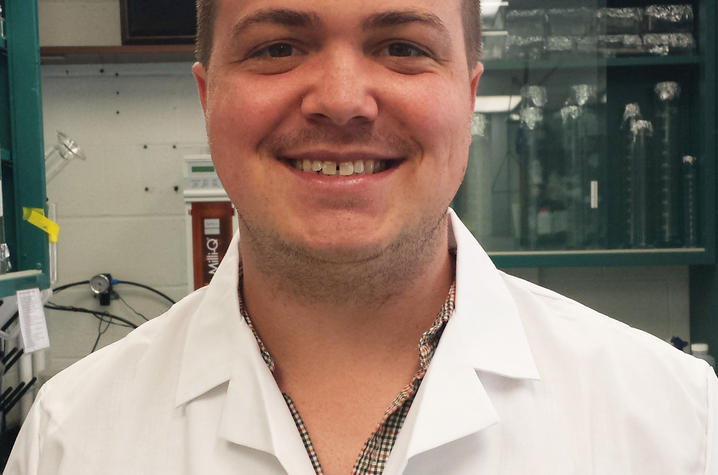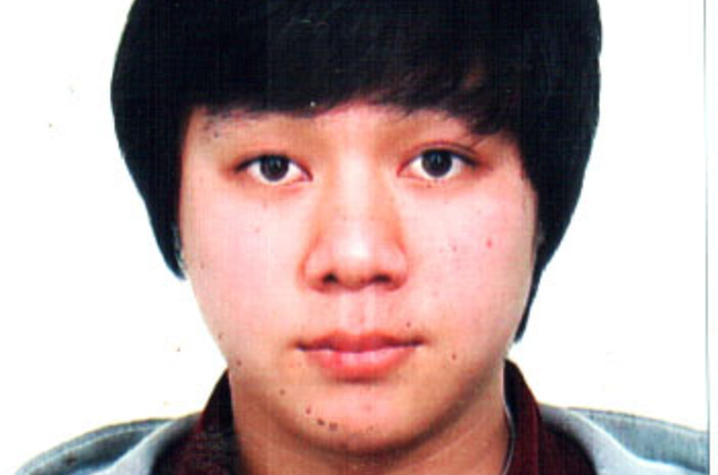Two Obstetrics and Gynecology Researchers Study Problems of Fertility with Lalor Fellowships
LEXINGTON, Ky. (May 2, 2016) — Two investigators in the UK HealthCare Department of Obstetrics and Gynecology were recently awarded fellowships from the Lalor Foundation for projects designed to enhance women’s reproductive health and resolve problems of infertility.
Dr. Patrick Hannon and Dr. Yohan Choi were each selected to receive $50,000 to support their research activities during a 12-month period. Lalor fellows conduct postdoctoral research on reproductive biology related to issues of fertility. The Lalor Foundation provides assistance and encouragement to early stage investigators who are engaged in the area of mammalian reproductive biology as it relates to the regulation of fertility.
In an effort to better understand the mechanisms that control ovulation, Hannon and Choi are seeking to advance treatment options for infertility and advance women’s health care. The release of the egg during the process of ovulation is paramount for fertility, and defects in ovulation attribute to more than 25 percent of all cases of female infertility.
Contributing to the knowledge base of this field, Hannon discovered levels of secretogranin II (SCG2), a protein with an unknown role in the ovary, are up-regulated, or positively stimulated, in response to treatment with luteinizing hormone (LH), the hormone that triggers ovulation, in human ovarian cells. These findings suggest that this protein might be involved in the onset of ovulation. Previous studies have shown that SCG2 is involved in regulating hormone action, the development of new blood vessels and the migration of immune cells. These processes are necessary for ovulation and fertility, but scientists have never before tested whether SCG2 preforms these tasks in the ovary to aid in ovulation. Hannon’s project will utilize human, monkey and mouse ovarian samples to understand when and how SCG2 is regulated in response to the ovulatory LH stimulus, and to determine how SCG2 drives ovulation across species.
Choi studies the mechanisms involved in the production of prostaglandins (PGs) in ovulatory follicles in women. PGs are a group of physiologically active lipid compounds whose synthesis is blocked by nonsteroidal anti-inflammatory drugs, such as aspirin and ibuprofen. These types of drugs have been reported to block ovulation in women, demonstrating the importance of PGs in the ovulatory process. Because nothing is known about PG production and secretion in human ovaries, Choi has proposed identifying the regulatory mechanisms by which the LH surge and its key down-stream mediators coordinate the rise in PGs in human ovulatory follicles using in vivo and in vitro models.
MEDIA CONTACT: Elizabeth Adams, elizabethadams@uky.edu






